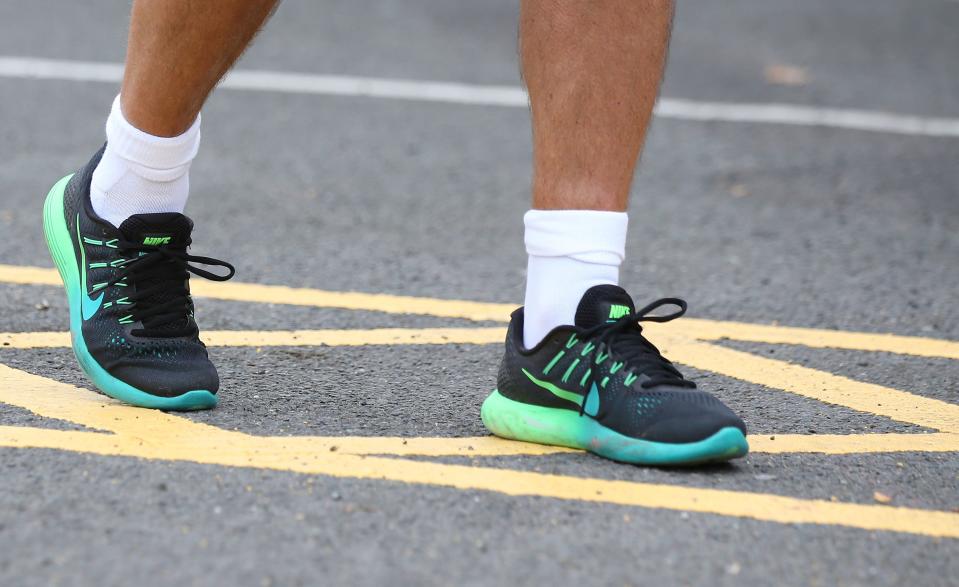Sweatcoin proves paying people to walk could help in the fight against obesity

Many Brits have already given up on their New Year’s resolution to do more exercise, but incentivising people to walk with monetary rewards could be the secret weapon in the fight against obesity, according to new research.
A study published in the British Journal of Sports Medicine (BJSM) this month found a smartphone app that rewards users for walking with real money led to a sustained 20% increase in physical activity – more than traditional incentive and motivational programmes.
The study by the University of Warwick looked at the movement of 6,000 participants using Sweatcoin, an app that converts steps into currency that can be spent on goods and services ranging from a cup of coffee to a new phone or TV.
The analysis found that users’ daily step count increased by an average of 19.5% over a six-month period after downloading the app, compared with their average activity in the three months prior.
READ ORE: Brain training app “as effective as Ritalin” in improving concentration
It also found that those lacking motivation to exercise were most likely to increase their step count with Sweatcoin, showing instant reward programmes could be the key to motivating those in need of support.
Every 1,000 steps generates 0.95 “sweatcoins”, which can be use to purchase products on the in-app marketplace – with prices ranging from 5 to 20,000 sweatcoins – or in local shops. The app uses a GPS-based verification algorithm to ensure that users cannot cheat.
According to the NHS, the average Brit walks between 3,000 and 4,000 steps a day. A 20% increase will add between 600 and 800 steps a day, bringing the annual step count close to 1.8 million steps. This is enough to generate almost 2,000 Sweatcoins and burn 13kg of body fat.
READ MORE: The top iPhone and iPad apps on the app store
Lord Philip Hunt, health minister, said: “Most health apps and initiatives tend to be aimed at those who are already active. Sweatcoin has huge potential in encouraging and incentivising non-active people to get walking. Given the health gains that can be achieved through increased physical activity, this is the kind of breakthrough we need to help motivate those who can benefit most.
“For many people, the self-motivation to lead a healthier, more active life can prove challenging, with goals feeling intangible and easy to discard. However, the instant reward model of Sweatcoin incentivises people with a bigger impact and in a way that sustains improvements.”
Since launching as a Beta product in 2016, Sweatcoin has become the fastest growing health and fitness app in history, with over 30 million users. It secured its first round of institutional funding in January 2018 after topping download charts in the UK and US.
It’s proved so successful that the University of Warwick study actually recommended that public health organisations partner with the commercial sector to deliver more incentive-driven programmes.

 Yahoo Finance
Yahoo Finance 